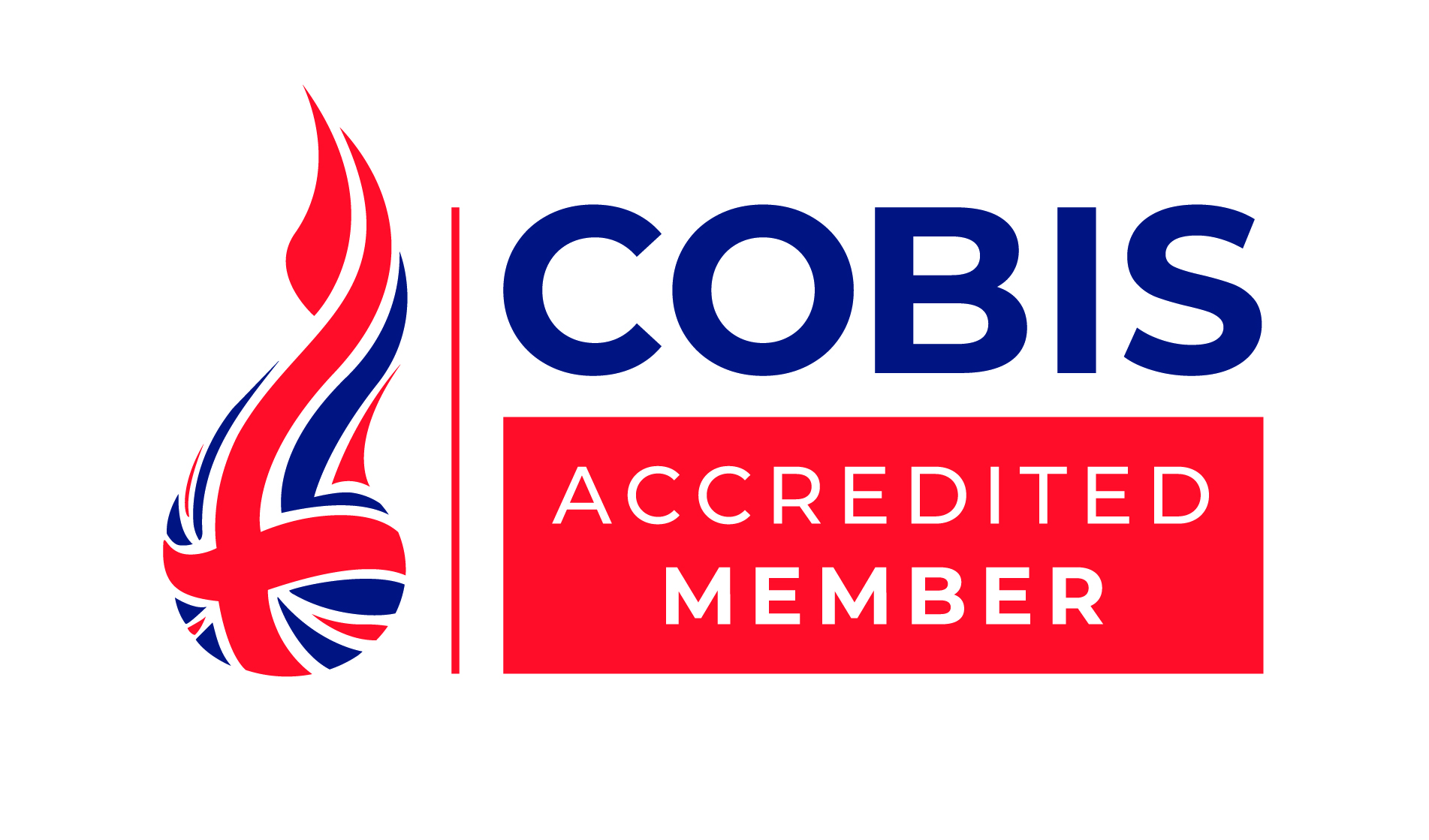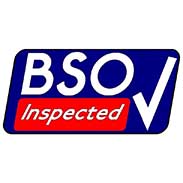Incidental expenses are unforeseen or unplanned expenses that arise during various activities, such as travel, dining, entertainment, or personal care. These expenses often occur outside of regular budgeted items and can impact your overall financial situation. Understanding incidental expenses involves recognizing their nature, sources, and how they can affect your financial well-being. By being aware of these expenses, you can make more informed decisions about your spending habits and manage your finances more effectively. Adjust your budget and how much you set aside for incidental expenses based on past spending and future projections.
In its truest essence, incidental expenses, though often underestimated, are integral components of a comprehensive financial plan. Consider a scenario where a sudden appliance breakdown demands immediate attention or an unexpected invitation necessitates an unplanned expenditure. Without a buffer for personal incidental expenses, individuals may find themselves grappling with financial strain. Form 2106 was previously used for reporting miscellaneous itemized deductions; however, this form is no longer applicable for most individuals.
- Our corporate cards have tools for setting spending limits, reporting expenses, and categorizing charges, which gives you accurate data about incidental expenses to establish your budget.
- Small businesses will report these on Schedule C, while large businesses have these recorded under various expense categories in the financial statements.
- Recognizing the significance of these expenses is crucial for fostering a resilient financial strategy.
- Whether it’s traveling, office supplies, or minor business-related entertainment, keeping an eye on those small expenses can make a great difference in overall profitability and tax efficiency.
- How you should pay for incidentals on a business trip will depend on your employer’s reimbursement policies.
It can thus encourage employees to commit fraud and claim higher amounts than is warranted. They can file for the maximum reimbursable limits for all categories of incidental spending and keep the difference for themselves. Incidental expenses are accessories to significant expenses like repairing and replacing damaged or stolen goods. Moving, storing, and renting goods for temporary replacement can also be accounted for as incidental expenses.
#1 – Employee Related Expenses
They often arise in day-to-day activities and can include minor purchases, spontaneous events, or unexpected costs that are not part of regular budgeted items. Incidental expenses can accumulate over time and may seem insignificant individually but can have a notable impact on your overall financial picture. They include petty spending like baggage handling, staff tips, phone bills, laundry and dry cleaning fees, etc. These include expenses such as fees and tips to hotel staff, transportation between your hotel and a meal, and the cost of mailing a business-related gift. Incidental expenses ancillary to the costs of gifts are common when a company gives gifts to its customers. A company that gives such gifts will incur incidental expenses such as wrapping paper, ribbons, bows, and delivery in addition to the cost of the underlying gifts.
Types of incidental expenses
If the employee pays out-of-pocket, they should be reimbursed via a standalone check or other non-taxable means. Employees can track and report incidental expenses by keeping receipts and documenting the purpose of each expense. Many companies also use expense management software to simplify the process of tracking and reporting expenses. The per diem rates for incidental expenses vary depending on the location of the business travel.
Characteristics of Incidental Expenses
- Incidental expenses occur parallel to more considerable expenses but are often unplanned and do not have a paper trail.
- The tax landscape surrounding incidental expenses underwent significant changes with the Tax Cuts and Jobs Act in 2018, particularly for individuals.
- A strong documentation process supports accurate accounting and organizational transparency.
- They’re not the main costs of the trip (which are the airfare and hotel), but they’re still necessary for Sarah to carry out her business activities.
- They support the core operations but do not directly contribute to the production of goods or services.
Though unrelated to the generation of either goods or services, tracking these costs is necessary for smooth financial management. With incidental expense tracking, businesses can reduce costs, maintain accuracy in financial records, and claim accurate tax deductions. Whether it’s traveling, office supplies, or minor business-related entertainment, keeping an eye on those small expenses can make a great difference in overall profitability and tax efficiency. For businesses, incidental expenses should be documented carefully to ensure proper reimbursement and tax deductions.
Update company policies around incidentals to maximize savings and efficiency as needed. Nothing in business financing is set in stone, and you’ll likely find room for improvement in certain areas. Establish company rules that dictate what counts as an incidental expense and what to do about these costs.
What Are Incidental Expenses?
Sarah would typically either pay these expenses out of her pocket and then be reimbursed by the company, or she might use a company credit card. Either way, these incidental expenses would be accounted for in the company’s budget for business travel. For example, businesses often provide employees with a per diem allowance for incidental expenses when they travel for work.
For individuals, the tax treatment of incidental deductions varies significantly from businesses. However, individuals can still deduct other expenses, including travel, gift, and car expenses, among others. The tax treatment of these expenses depends on their industry-specific nature and whether they are ordinary and necessary. Implement a robust expense tracking system to monitor and analyze business incidental expenses. This helps identify spending patterns, areas of overspending, and opportunities for cost savings. Utilize expense management software or apps to simplify the process and gain valuable insights.
These incidentals are not included when determining the deductible limit for business gifts, which is $25 per recipient during each tax year. Documenting incidental expenses is crucial when it comes to tax time for both individuals and businesses. Proper record keeping ensures that all costs can be accounted for and claimed as necessary. This section will discuss best practices for maintaining detailed records of these ancillary business expenses. Incidental expenses are minor, unbudgeted costs incurred during business travel or other activities.
They are the minor fee and the main cost of the services, items, or any paid event during business activities. Incidental expenses can also refer to costs that are not part of the main operating expenses of a business but are still necessary for its operations. For example, the cost of maintaining office plants or the coffee machine could be considered incidental expenses. Incidental expenses are minor costs that occur in the course of business or personal activities, supporting the primary operations but not directly contributing to the main activity. By implementing these tips, businesses can proactively control incidental expenses, reduce unnecessary costs, and optimize their financial resources.
The IRS provides a list of per diem rates for each location, which includes a specific amount for incidental expenses. The packing of goods, commission on services, and other minor service-supplementing costs are also incidental expenses for businesses. These are charged by the company or suppliers to the customers and get reimbursed for the business.
A number what are considered incidentals of expenditures related to travel are allocated elsewhere, rather than being classified as incidental. For example, the cost of phone calls is charged to the phone or utilities expense, while the costs of clothes cleaning and pressing are considered a cost of travel. Similarly, the cost to mail an expense report to the accounting department is considered a postage cost, while the cost of a taxi is considered a travel cost. Some employers provide a business credit card for employees to use when traveling for work.
They include things like fees and gratuities for transportation, dining, and lodging. Also known as incidental costs or simply incidentals, they aren’t part of the primary objective of the activity or trip, but arise incidentally from the main business at hand. Incidental expenses, or incidentals, refer to tips and other minor expenses incurred.
Companies may set limits on per diem rates for employees or establish their own expense reimbursement policies. It is essential for employees to maintain detailed records of all incidentals, including receipts, as they are often required for accounting and tax purposes. Incidental expenses refer to costs that arise while conducting business activities, specifically those additional to major costs like hotel fees or ticket prices. For instance, when an employee travels for business, they may incur minor expenses such as tips to taxi drivers or hotel staff, which are considered incidental expenses. These costs are defined as gratuities and other miscellaneous items that accompany the primary travel-related expenses of transportation, meals, and lodging. Travel-related incidental expenses typically include tips to porters, bellboys, taxi drivers, or other service personnel while traveling for business.























